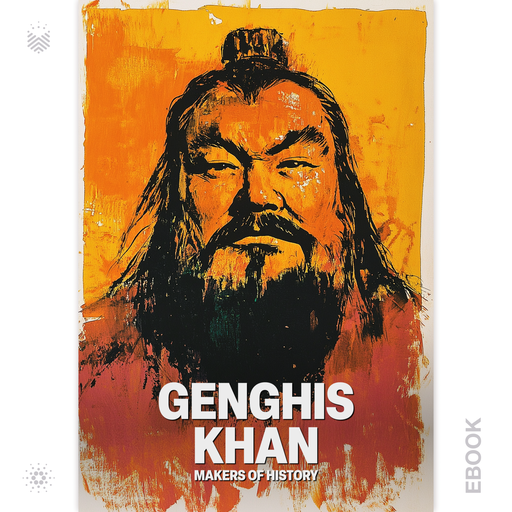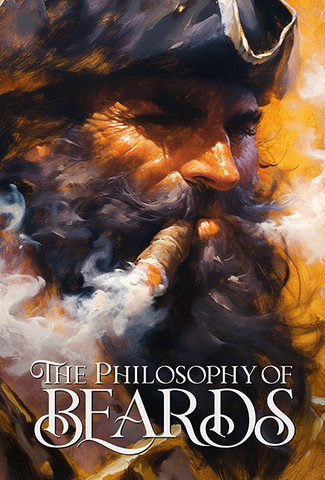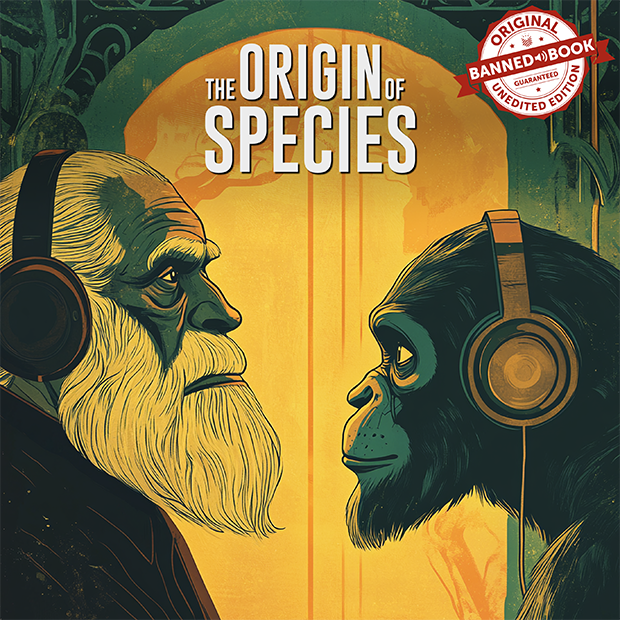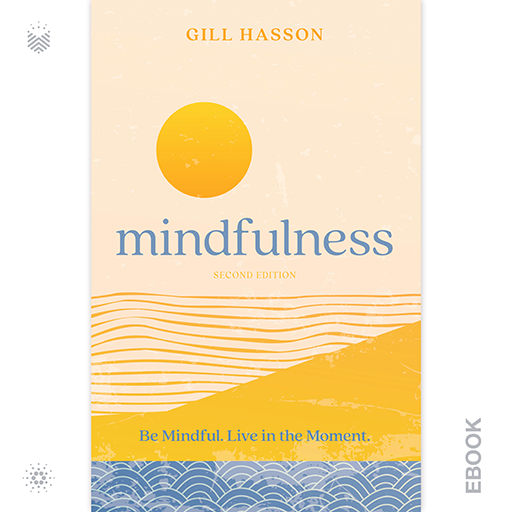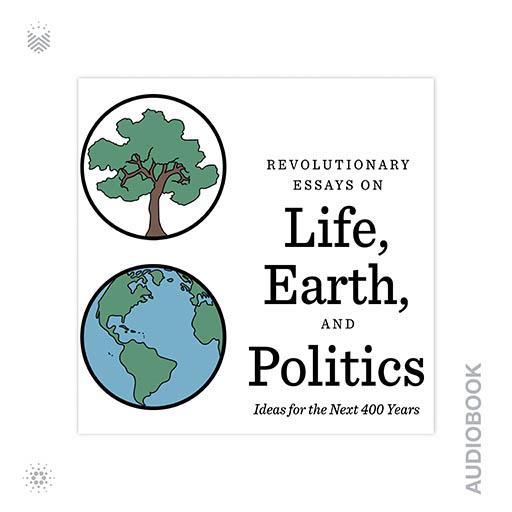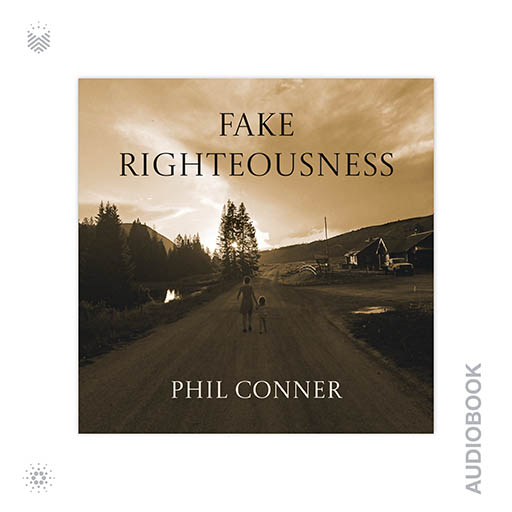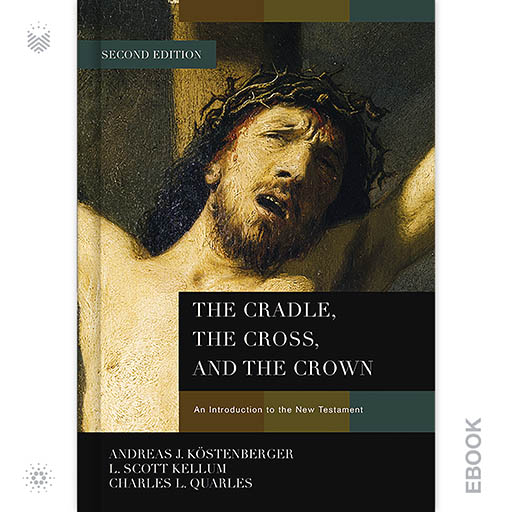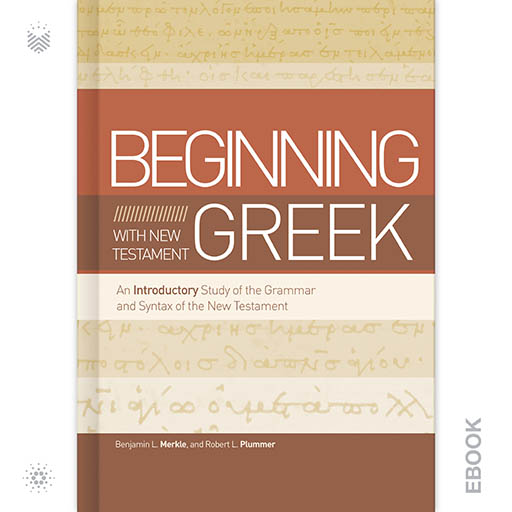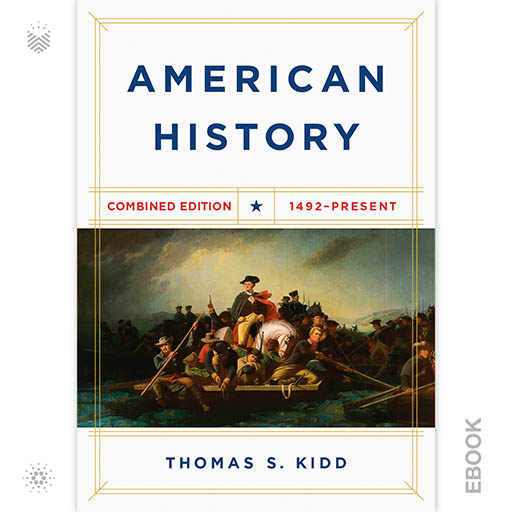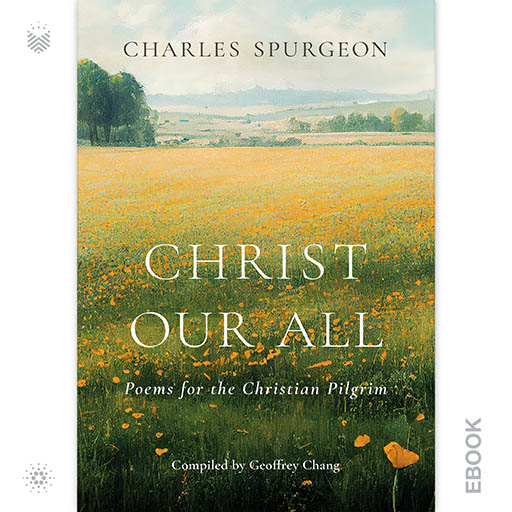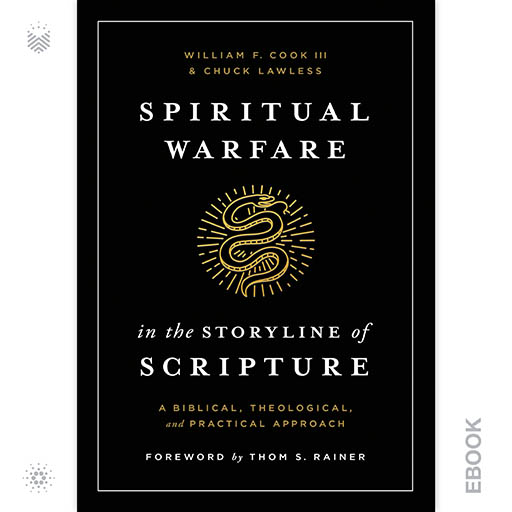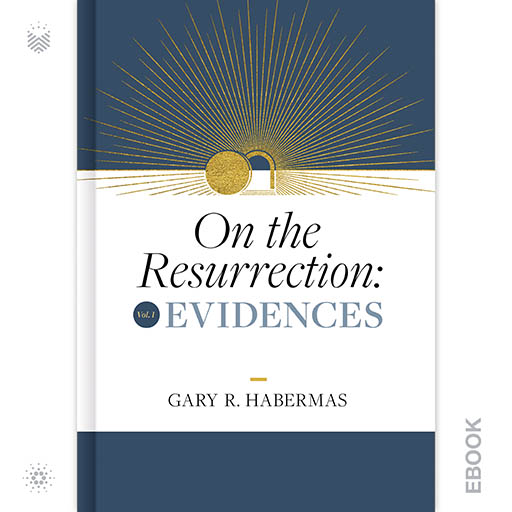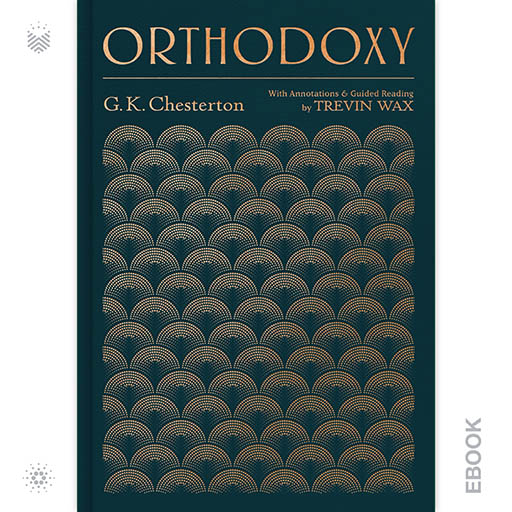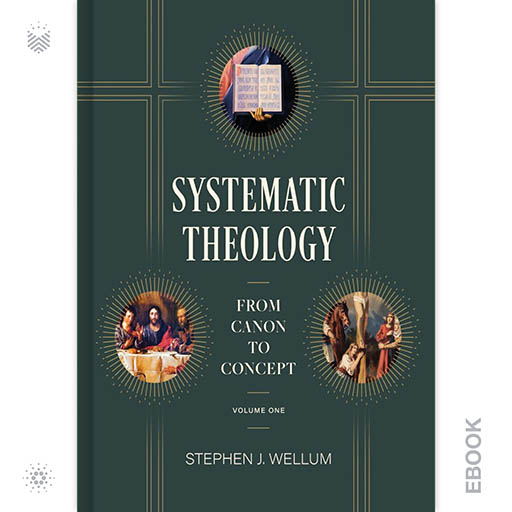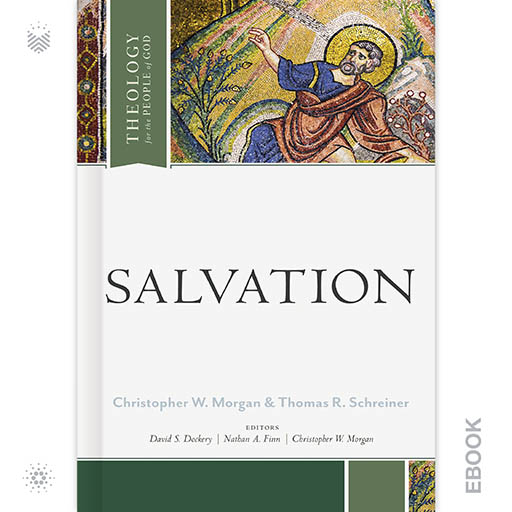by Jacob Abbott
Jacob Abbott’s Genghis Khan presents an engaging portrait of one of history’s most enigmatic and influential figures. Through Abbott’s vivid storytelling, readers journey into the life of Genghis Khan, a man who rose from humble beginnings to unite the Mongol tribes and establish one of the largest empires in history. Abbott’s narrative captivates with its blend of historical facts and dramatic elements, making Genghis Khan’s story both informative and entertaining.
… Read More
by Thomas S. Gowing
The Philosophy of Beards by Thomas S. Gowing is a whimsical exploration of facial hair that transcends mere grooming advice to delve into the deeper cultural and philosophical significance of the beard. Gowing, a Victorian-era advocate for the beard, presents a spirited defense of facial hair as a symbol of masculinity, intellect, and individuality. Through witty anecdotes and historical anecdotes, Gowing celebrates the beard as a timeless symbol of rebellion against societal norms and a reflect… Read More
by Charles Darwin
The Origin of Species, also known as The Origin of Species by Means of Natural Selection, shook the foundations of science and society when Charles Darwin unveiled his revolutionary theory of evolution. In this groundbreaking work, Darwin presented the idea that species evolve over time through natural selection, where individuals with the strongest traits pass those traits down to future generations. This concept transformed our understanding of life on Earth and sparked debates that continue t… Read More
by Meriwether Lewis, William Clark
The Journals of Lewis and Clark are a thrilling firsthand account of one of the most daring expeditions in American history. Meriwether Lewis and William Clark, tasked by President Thomas Jefferson, set out in 1804 to explore the vast and uncharted western territories of the United States. Their mission was not only to map the newly acquired Louisiana Territory but also to establish relations with Native American tribes and uncover a potential route to the Pacific Ocean. Their writings reveal th… Read More
by Gill Hasson
An easy to follow guide to creating a mindful approach to life
In this updated Second Edition of Mindfulness, mindfulness expert Gill Hasson explains how, instead of rushing through your life, you can take things at a slower pace and feel calmer and more grounded. You will discover how being mindful opens you up to new ways of thinking and doing things, reducing stress and increasing your enjoyment of life.
… Read More
by Pascuala Herrera
**2021 winner of Soon ToBe Famous Illinois Author Project for the Spanish Category De la Página a la Fama.
**2022 Indie Author of the Year
Read More
by Sherman Lewis
Science, not speculative philosophy, is the only guide, however imperfect, to the nature of existence. Science culture uses and supports science. The social brain experiences free will and needs religious faith. Empathy is a choice based on intuition. We need a better scientific understanding of dogma and chauvinism, and this book explores these issues.
Read More
by J Boykin Baker
The third and last novel of the By Design Trilogy continues the journey of Anne and Brad as they make their way through the many complications, heartaches, and joys of life.
Read More
by Phil Conner
You have accepted Jesus as your Savior. So what?
Many of us grew up in a Christian home, so we know right from wrong. We have an inkling of the 10 commandments. Sure, we try to be good and do the best we can most of the time. But there’s still a nagging voice inside: Will I ever be good enough?
How much should I give?
What must I do to be saved?
I am a Christian, so why do I still feel so much anxiety?
… Read More
by Andreas Köstenberger, Charles L. Quarles
The Cradle, the Cross, and the Crown thoroughly introduces all twenty-seven New Testament books and closely examines Christ’s incarnation and virgin birth, the heart of His ministry shown so vividly in the Gospels’ Passion Narratives, and the triumphant return of Jesus and our eternal reign with Him as depicted in Revelation.
Read More
by Anthony L. Chute, Nathan Finn
The Baptist Story is a narrative history of a diverse group of people spanning over four centuries, living among distinct cultures on separate continents, while finding their common identity in Christ and expressing their faith as Baptists.
Read More
by Benjamin L. Merkle, Robert L. Plummer
Beginning with New Testament Greek is a user-friendly textbook for elementary Greek courses at the college or seminary level.
Read More
by Thomas S. Kidd
In this combined edition, the full content of volumes 1 and 2 of Thomas Kidd’s American History are brought together in a single, accessible textbook. This sweeping narrative spans the full scope of American history from the first Native American societies to the political and cultural struggles of contemporary times.
by Charles Spurgeon, Geoffrey Chang (Editor)
Compiled by Spurgeon scholar Geoffrey Chang, Christ Our All is a collection of 186 never-before-published poems penned by Charles Spurgeon, as well as 43 poems and hymns published during his lifetime.
Read More
by Chuck Lawless, William F. Cook III
In Spiritual Warfare in the Storyline of Scripture, authors Bill Cook and Chuck Lawless provide a comprehensive study of a topic that is of key importance in the life of every believer.
Read More
by Gary R. Habermas
The first volume of Gary Habermas’s magnum opus, On the Resurrection: Evidences represents the culmination of fifty years of research on the probability of Jesus’s resurrection.
Read More
by Stephen J. Wellum
Stephen Wellum’s Systematic Theology, Volume One is a Trinitarian, reformational, and baptistic systematic theology committed to serious evangelical engagement with the Scriptures. Building on decades of research, Wellum formulates doctrine exegetically, covenantally, and canonically for a new generation of students, pastors, church leaders, and seasoned theologians as well.
Read More
by Robert A. Clark
A must-have for facing the coronavirus threat, Robert A. Clark’s new book reveals what you should do to mitigate the risk, and limit the damage, of pandemic incidents. The book builds on the themes introduced in his 2016 title Business Continuity and the Pandemic Threat – Potentially the biggest survival challenge facing organisations, focusing specifically on the COVID-19 pandemic.
Read More
by Christopher Wright
Project managers are under increasing pressure to deliver more with less time and fewer resources. The pace of change is relentless, with technological opportunities far beyond what we imagined a decade ago.
Read More
by Sarah Katz
An accessible introduction to the most prevalent cyber threats in our current climate, this book discusses cyber terrorism, phishing, and ransomware attacks, and provides advice on how to mitigate such threats in our personal and professional lives.
Read More
by Gary Hibberd
The Art of Cyber Security – A practical guide to winning the war on cyber crime is a finalist at The National Cyber Awards for The Cyber Book of the Year 2022 category.
Read More
by Andew W. Nichols
Thousands of organizations worldwide are reaping the benefits of implementing the ISO 9000 quality management standard.
Learn how you can implement ISO 9000 to maximum effect for your organization.
Read More

